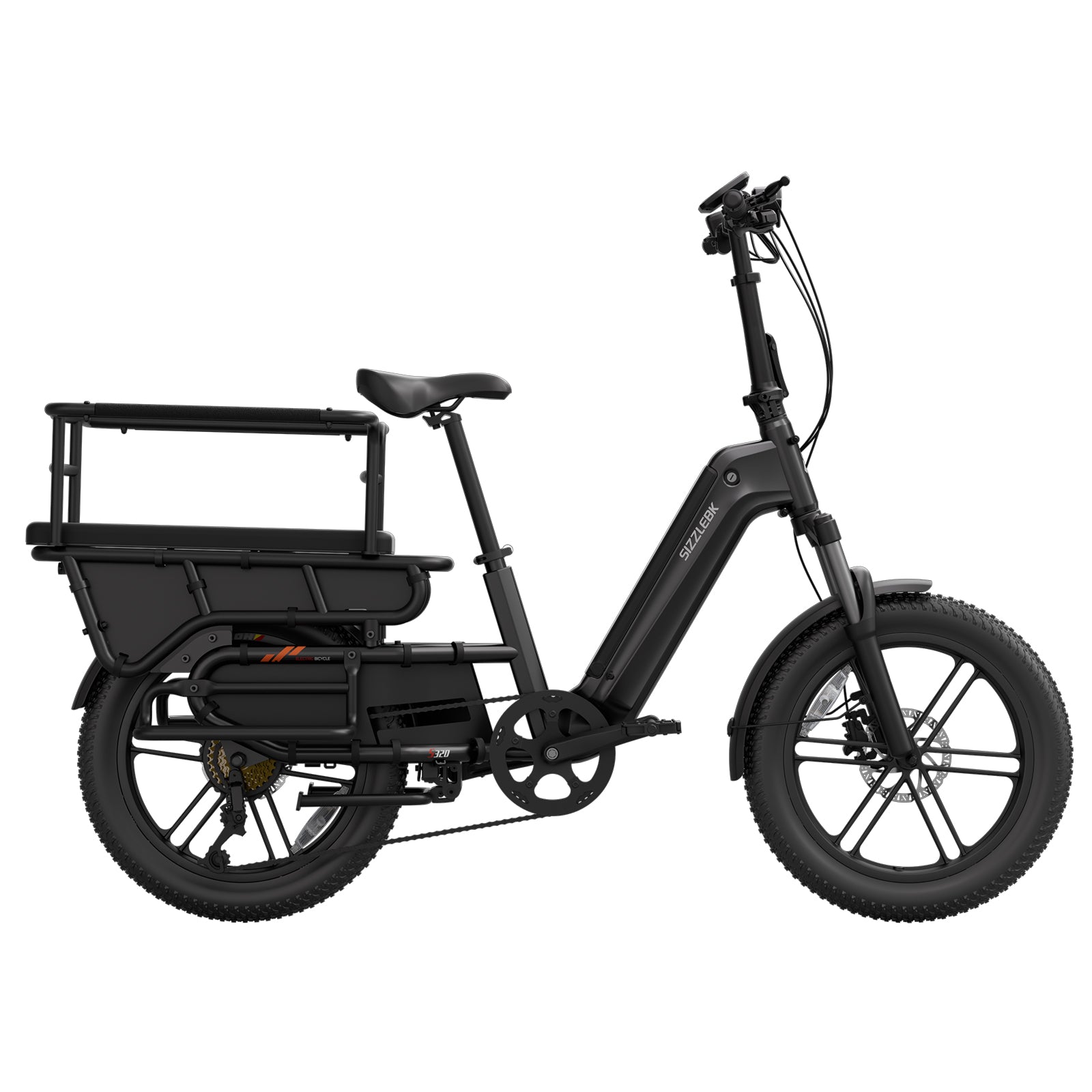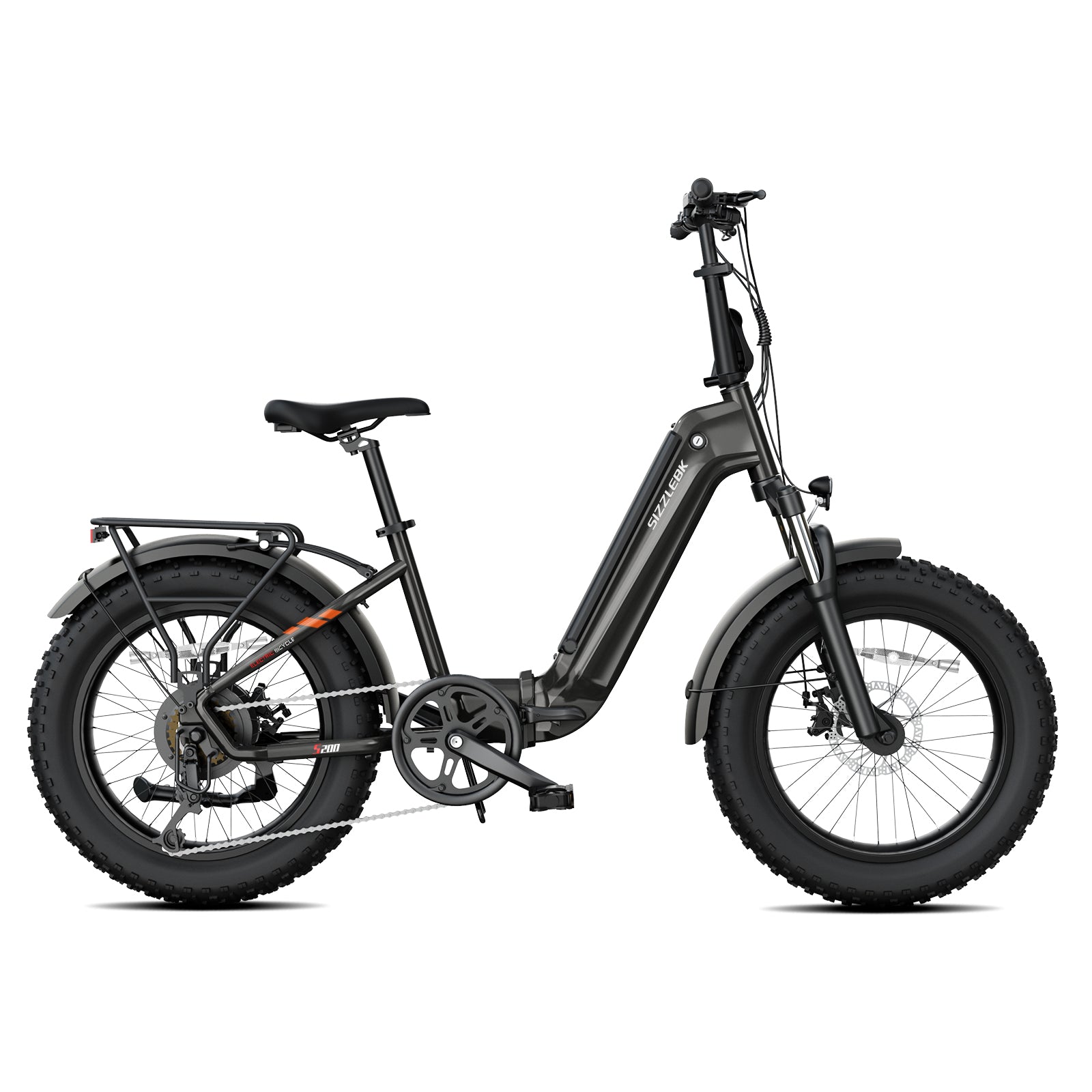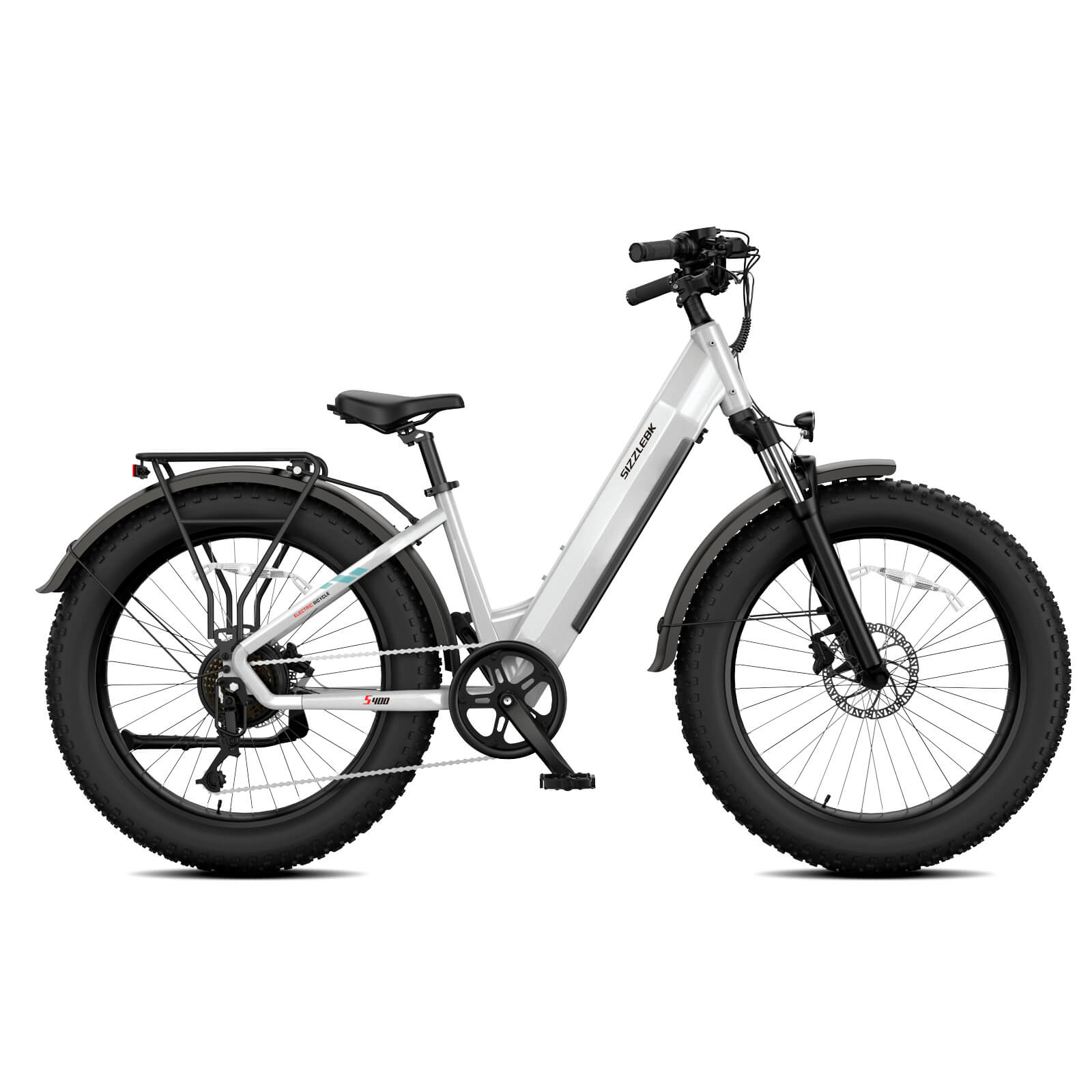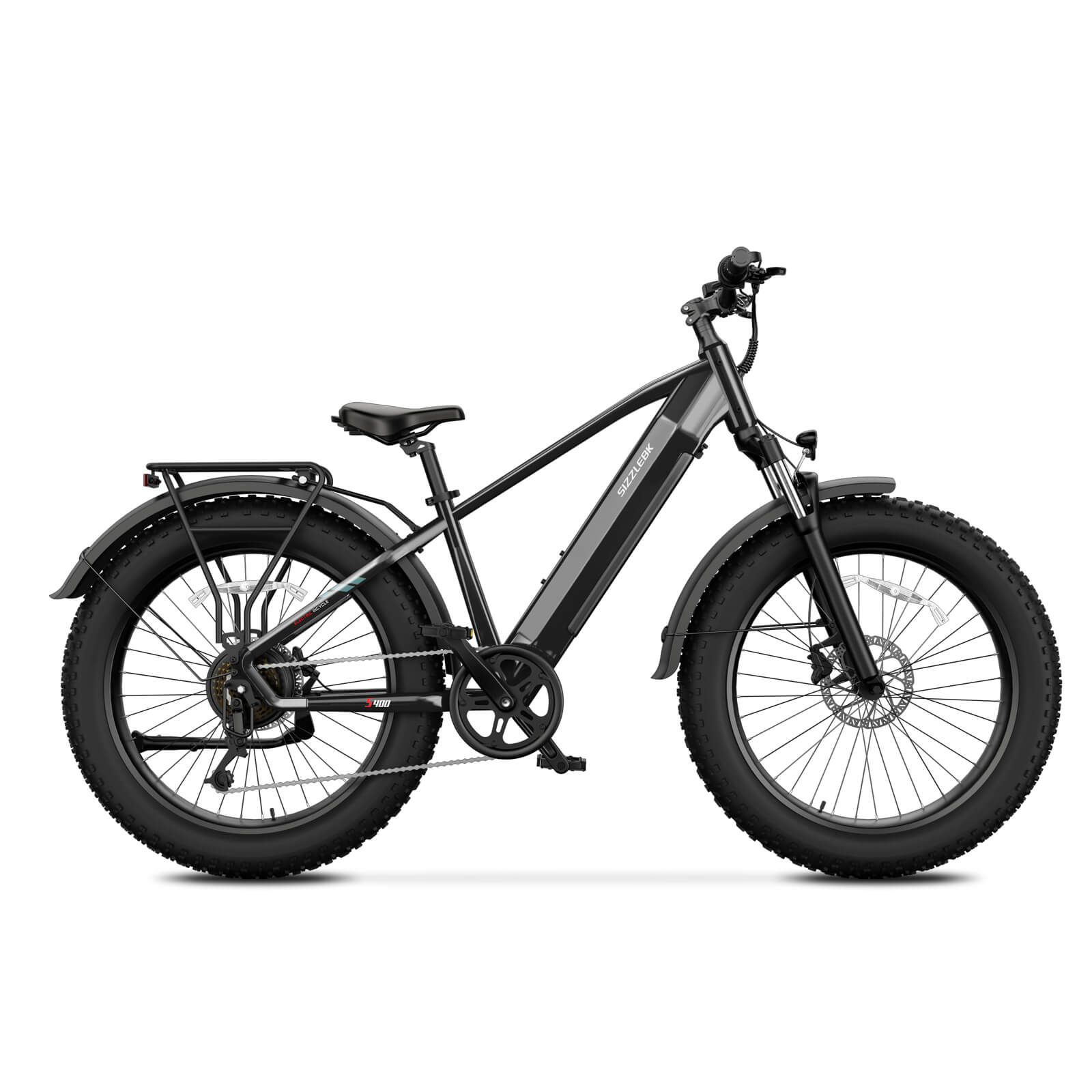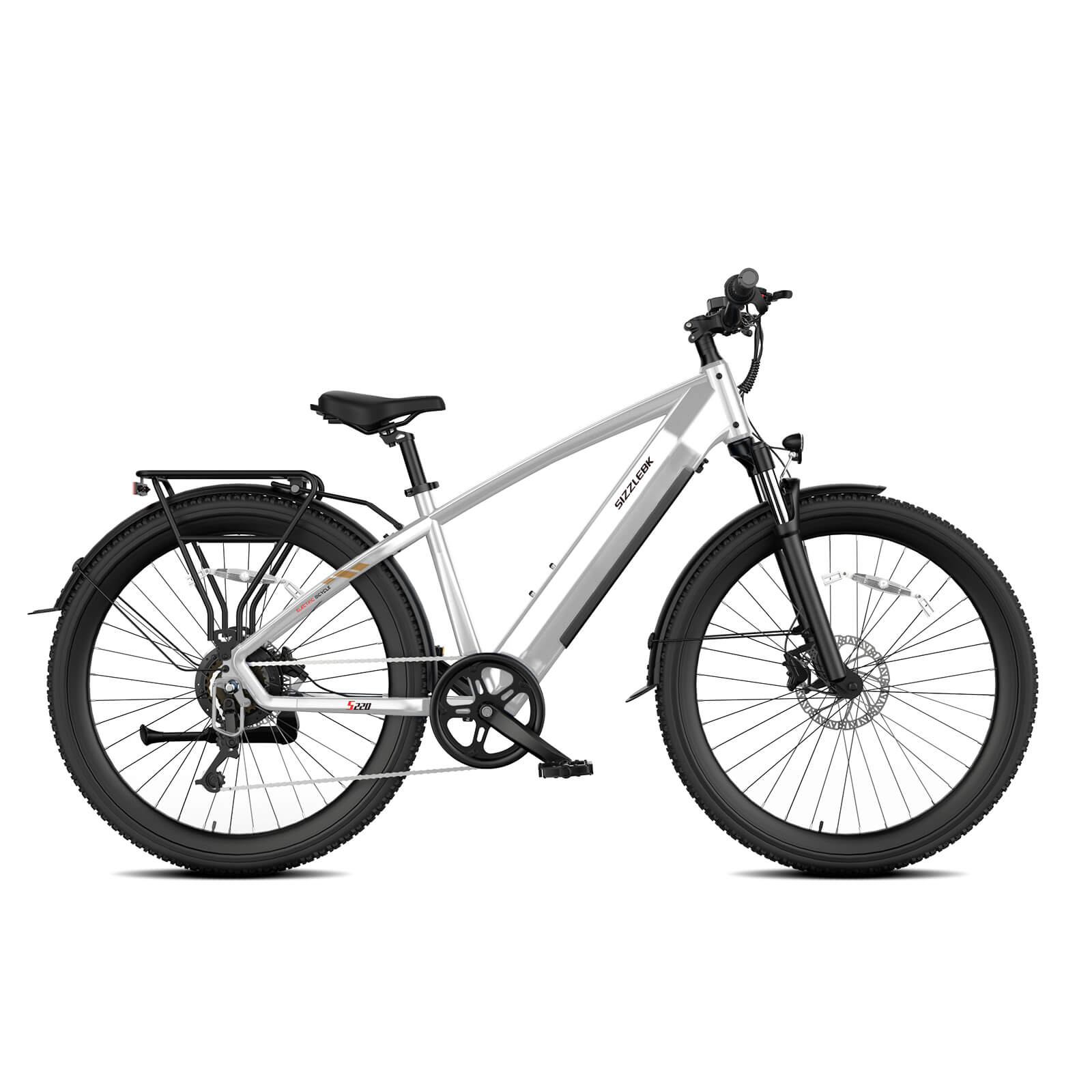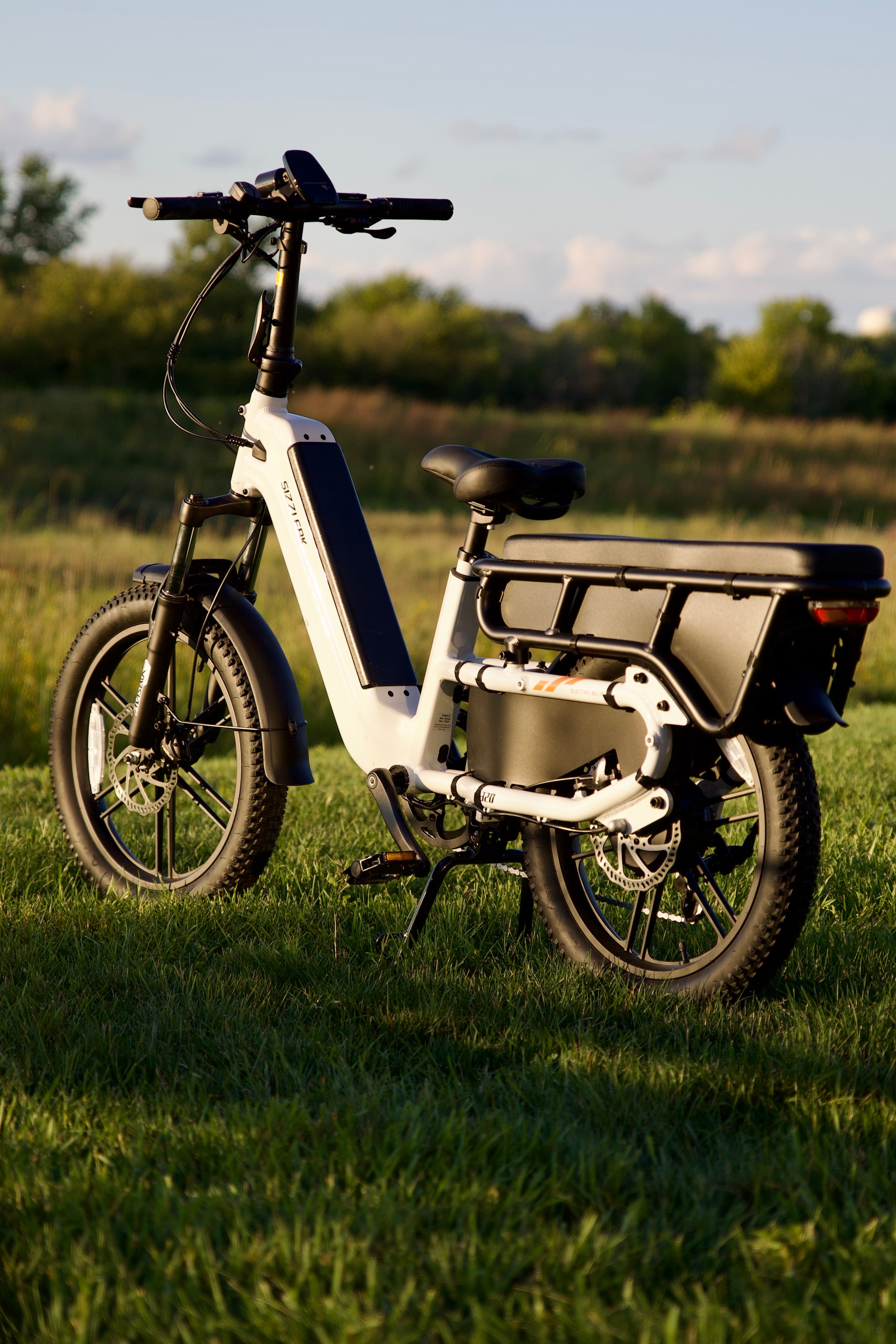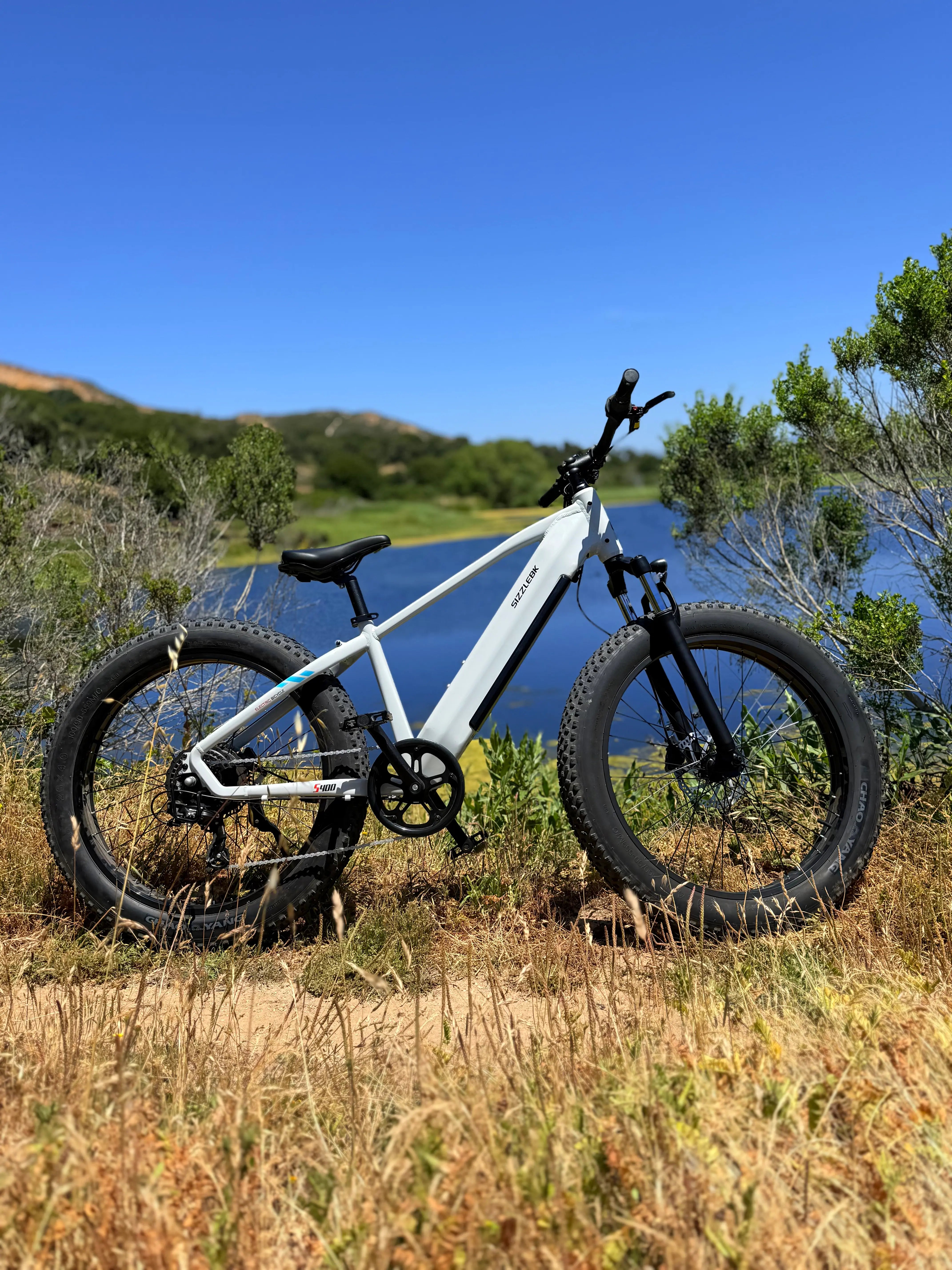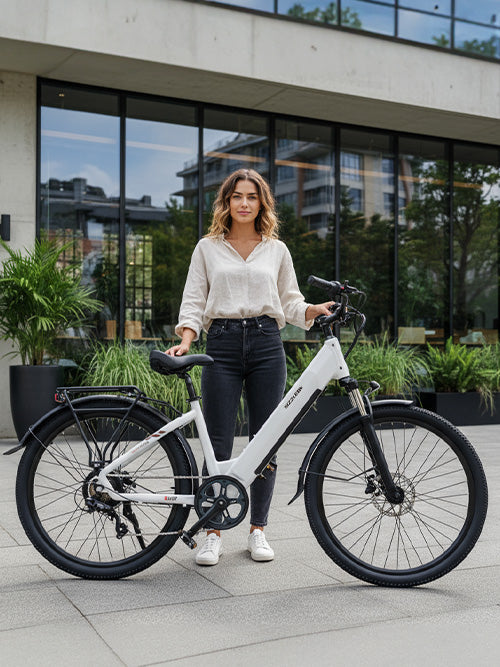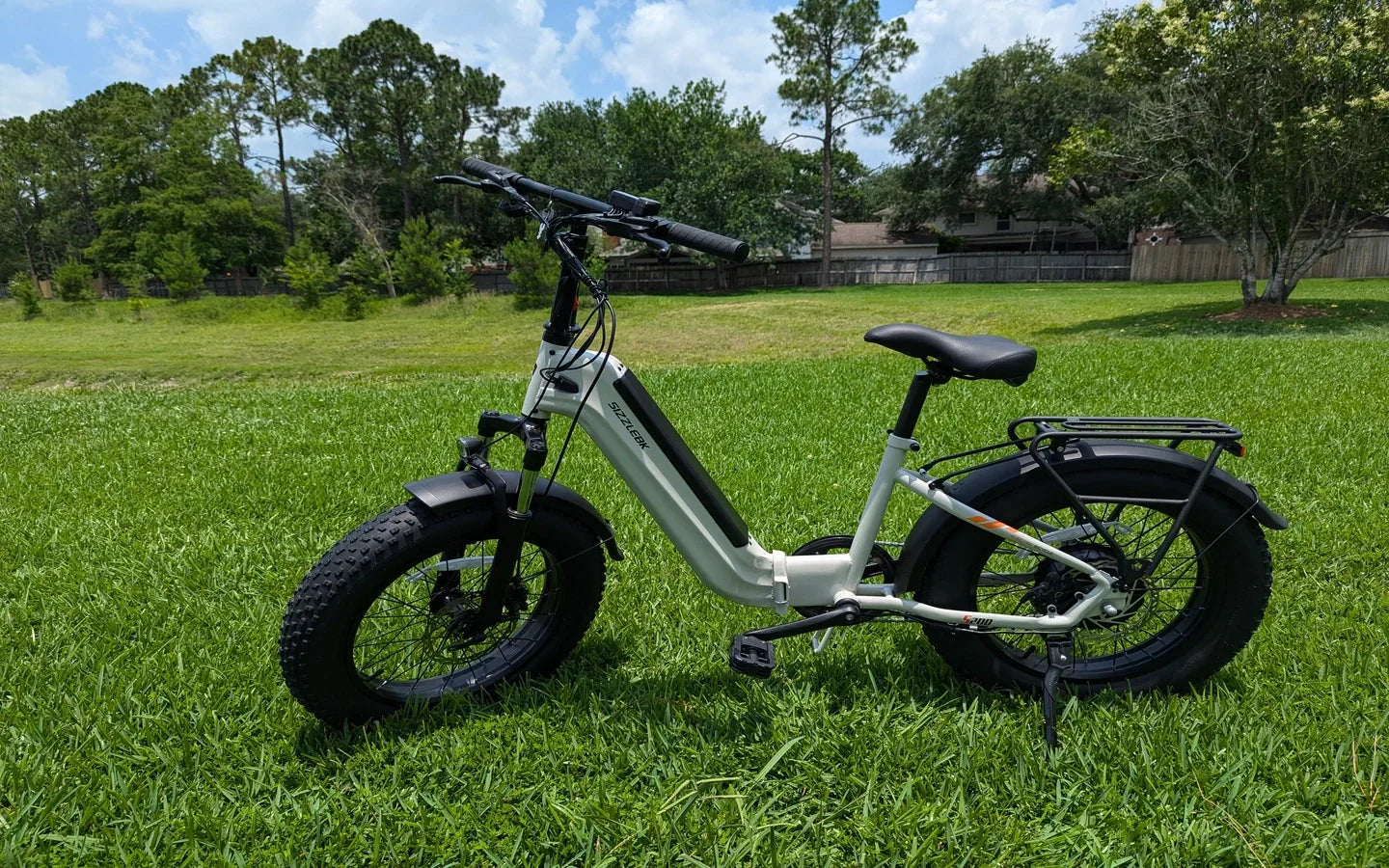With climate urgency increasing, American cities in 2025 are experiencing a quiet revolution, fueled by electric bikes. With rising urban emissions & traffic congestion choking metro areas, eBikes are emerging as the ultimate eco-heroes.But are they actually a less expensive transportation option than cars? Let's examine as these two-wheeled innovations are reducing carbon footprints and reshaping urban mobility.
Why Urban Transportation Needs an Eco-Friendly Overhaul
The latest U.S. Environmental Protection Agency report of 2025 said that "Transportation in the U.S. accounts for 29% of greenhouse gas emissions "(EPA, 2025) and many driver's vehicles exceed fuel consumption volume standards. Pollution from cars congest urban areas and find themselves in areas of high pollution. Noise is also an increase from traffic congestion in urban areas. City living is becoming increasingly stressful, unsustainable, and unhealthy.
The answer? eBikes! Electric commuting bikes are battery powered compact bikes that combine pedaling and electric assistance, allowing for low-emission modes of transportation in lieu of using a car. Easy transportation to/from work or home, grocery runs, school drop-offs, days/night out on the water, it is all suitable for an eBike. Rather than opaque emissions of vehicles that follow you everywhere, electric bikes for commuting serve as a practical vehicle for urban areas.
In 2025, the eBike trend is continuing in a big way
Following the momentum of clean energy campaigns and high gas prices, eBike adoption has soared. More than 1.5 million eBikes were sold in the U.S. in 2024, and that number is expected to climb steadily through 2025. Incentives like tax rebates, urban infrastructure, and environmental awareness are driving the riders to purchase eBikes.
Why Americans Are Choosing eBikes:
Significantly lower transportation costs
Zero tailpipe emissions
Flexibility for short to mid-range trips
Easier physical activity compared to regular bikes
Government rebates and growing bike lane networks
Environmental Benefits of eBikes
1. Reduced Carbon Emissions
Compared to cars, eBikes for adults produce 90%+ fewer carbon emissions per mile. Even considering the electricity needed for charging, their carbon footprint is extremely low—especially as renewable energy expands.
2. Less Noise Pollution
eBikes for commuting are whisper-quiet, contributing to more peaceful city streets and reducing stress levels for urban dwellers.
3. Energy Efficiency
eBikes use about 0.4 kWh per 100 miles—less than many appliances you plug in or use in your household. This efficiency translates into far fewer environmental impacts than gasoline-powered vehicles.
4. Compact Urban Design
Widespread electric bicycle use allows cities to redesign traffic infrastructure: more bike lanes, fewer parking lots, and greener, more walkable neighborhoods.
More Than Green: eBikes Improve Urban Life
eBikes don’t just help the planet—they also improve quality of life for riders and their communities.
1. Less Traffic Congestion
Because elecric bikes take up less space and can maneuver through bike lanes, they help ease gridlock during rush hour.
2. More Active Lifestyles
Pedal-assist features encourage movement, making fitness more accessible even for those with limited mobility or time.
3. Affordable Transportation
With maintenance costs under $500 per year, ebikes for seniors are a much cheaper alternative to cars, which often cost $9,000–$12,000 annually.
Government Support & Infrastructure Expansion
Local and federal governments are stepping up in 2025 to support eBike adoption:
1.Federal tax credits of up to $1,500 for new eBike purchases.
2.You can get local rebate programs, in states like California, Colorado, New York.
3.Urban upgrades, including new bike lanes, traffic calming zones, and eBike charging stations.
These changes are speeding up eBike acceptance into transport systems.
eBikes vs. Cars: Sustainability at a Glance
|
Category |
eBike |
Car |
|
CO₂ Emissions/mile |
~3g |
~404g |
|
Operating Cost/year |
$300–$500 |
$9,000–$12,000 |
|
Noise Level |
Silent |
Loud |
|
Energy Use |
Very low |
Very high |
|
Urban Space Needed |
Minimal |
Extensive |
Where are the environmental advantages of electric bicycles?
To truly achieve sustainable travel, it is crucial to choose an electric bicycle with environmentally friendly features. Not all eBikes have the same environmental performance. It is recommended that the following configurations be given priority:
Recyclable materials: aluminum alloy or bamboo frame, more environmentally friendly and reusable.
High-efficiency motor: power between 250-500W, taking into account energy saving and power.
Durable battery: lithium-ion or solid-state battery, longer service life.
Modular design: easily repaired and replaced components, extending the lifespan of the overall bike.
The decisions behind the electric bicycle selection are not only making the carbon footprint reduction, but also advancing green and low-carbon urban transportation formation.
How to Maximize Your eBike’s Eco Impact
1.Charge your battery on off-peak hours or with some solar panels.
2.Use bike lanes to avoid high-emission traffic corridors.
3.Maintain tire pressure and drivetrain for better efficiency.
4.Pair with public transit to reduce reliance on cars altogether.
5.Measure your carbon savings with an ecocommuting app.
The Road Ahead
By 2025, the shift to cleaner transport is no longer optional—it’s a necessity. eBikes are showing clearly that they they are formidable tool to reduce the strain on the environment, supports population health, and brings back urban spaces to people instead of cars.
Whether you're a commuter wanting to save money and decrease your footprint, or an urbanite wanting quieter streets and cleaner air, an electric bike may just be the best decision you make this year.
Are you ready to make the switch? Shop through our eco-friendly eBike selection and begin your journey of sustainability today.
FAQs
Are Electric Bikes More Eco-Friendly Than Electric Cars?
Yes. Electric bikes use less energy when in use than electric cars, have less resources used in manufacturing, take up less acre of urban space, and create substantially lower CO₂ per mile so they are a more environmentally considerate transportation option in total.
What is the range of an electric bike?
Most electric bikes for adults can go between 30 - 70 miles on a full charge. Range is influenced by battery size, terrain, mode ,and weight of the rider and gear.
Is It Possible To Use Renewable Energy For Charging Electric Bikes?
Yes. Many users charge their electric bicycles using 100% renewable energy by either utilizing solar panels or by joining a green energy purchase schemes to produce a low -carbon ride.
